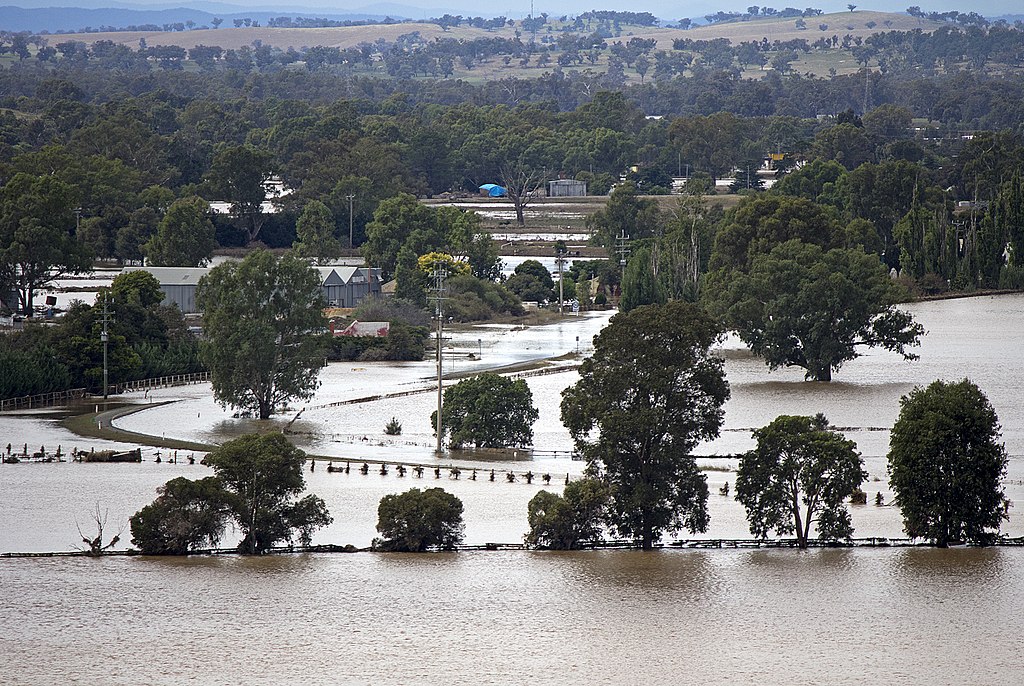The Australia floods caused by record-breaking “rain bomb” wreaked havoc across the southeast coast, causing school closures, power outages and thousands to evacuate from homes.
–
Devastating floods have submerged cities and towns in Queensland and New South Wales, forcing tens of thousands of residents to abandon their homes in one of the worst floods in recent history.
At least seven people have died from the Australia flash floods and about 40,000 had been ordered to evacuate. Another 300,000 had been told to prepare to flee as the worst disaster in the region since what was described as a once-in-a-century event continues to move south.
Over 28,000 households also experienced power outages across Australia’s southeast coast, while many homes had been completely flooded.
“We never expected this rain,” said Queensland premier Annastacia Palaszczuk. “This rain bomb is just really, you know, it’s unrelenting … It’s just coming down in buckets.”
The fatal flash floods were triggered by what many meteorologist describe as a “rain bomb”, where a record-breaking rain storm and relentless deluge lasted for days in the region. Government meteorologist Jonathan Howe even went on to describe the amount of recent rainfall in northern New South Wales and southern Queensland as “astronomical.”
The flooding is the latest in a series of natural disasters to hit Australia in recent years, including the 2019-2020 bushfires and the massive coral bleaching events at the Great Barrier Reef in 2016, 2017 and 2020.
You might also like: IPCC Climate Report: Global Warming Pushing Humanity Beyond Limit of Climate Adaptation
The latest major assessment by the Intergovernmental Panel on Climate Change (IPCC) concluded that human-induced climate change has caused widespread and in some cases, irreversible damage, to natural and human systems, and that extreme weather events such as wildfires, floods and droughts is predicted to be more frequent and severe.
The report said that the rise in extreme events were causing a rise of in mortality, affecting public health, as well as causing financial and emotional stress.
For Australia, much of the country has already experienced a 20% decline in rainfall due to increasing heat waves and changing temperatures, while the risk of wildfires has been pushed beyond its climates in the last few years. In 2019, Australia saw its hottest and driest year on record, which led to the devastating bushfires that killed hundreds of people and thousands of wildlife.
The Australian Prime Minister reluctantly agreed to a net-zero greenhouse gas emission target by 2050 in October 2021, but refused to phase out coal production, which is the biggest contributor of carbon dioxide emissions. Despite Australians installing record amounts of rooftop solar panels last year, the country’s overall weak decarbonisation efforts will likely continue contribute to worsening weather events.
Featured image by: Wikimedia Commons


















